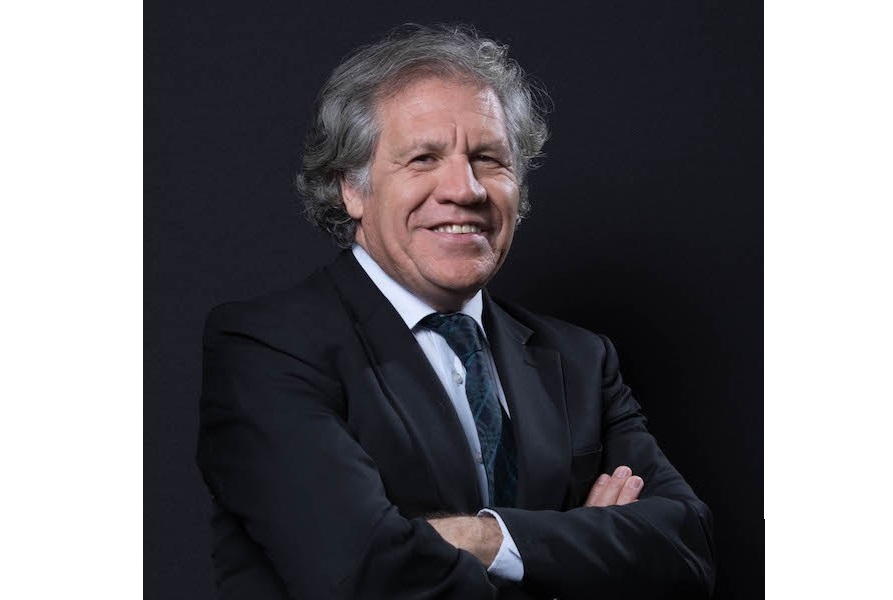A session co-organized with the French Ministry for Europe and Foreign Affairs
Racism and racial inequities still permeate everyday life in our societies. Several specialized mechanisms and instruments have been established at the international, regional and national level to address this global scourge and foster racial equity. Some examples include the Working Group of Experts on People of African Descent established within the United Nations Office of the High Commissioner for Human Rights, the appointment of a Race Discrimination Commissioner within the Australian Human Rights Commission and an Anti-Racism Coordinator for the European Union, or the adoption of the Inter-American Convention Against Racism, Racial Discrimination and Related Forms of Intolerance.
Although these mechanisms and instruments may have different scopes, they all share the specific focus on racial issues. Why is this degree of specialization necessary? How does the approach vary based on each institution’s mandate, forum, and focus (e.g., international versus regional or state-led approaches)? How do these efforts promote development? What milestones in the journey towards ending racism have been met?
Taking stock of their own experiences, the panelists will discuss the current challenges that the world faces to achieve racial equity and end racism and racial inequity, and suggest solutions to promote access to equal opportunities in the development context.







